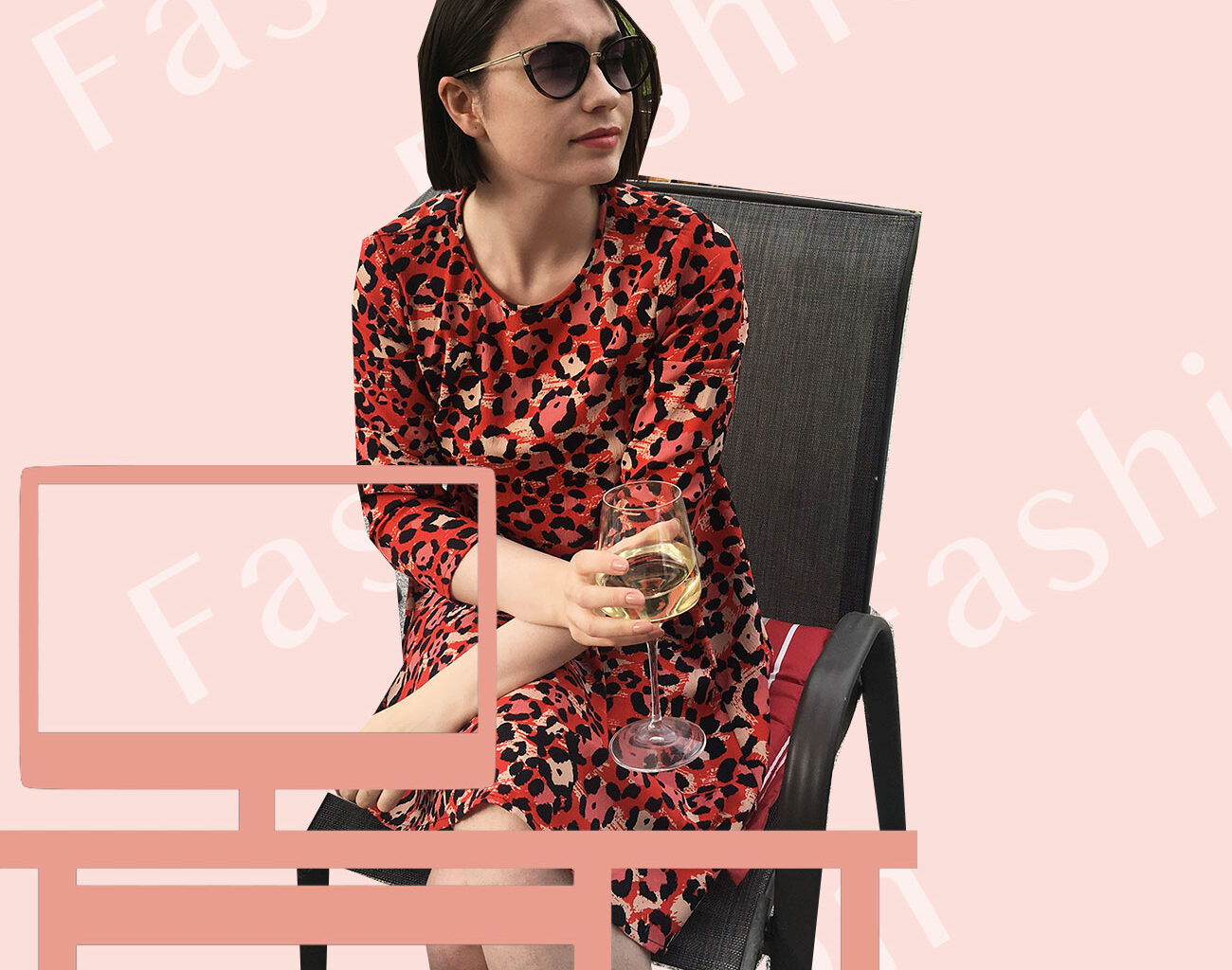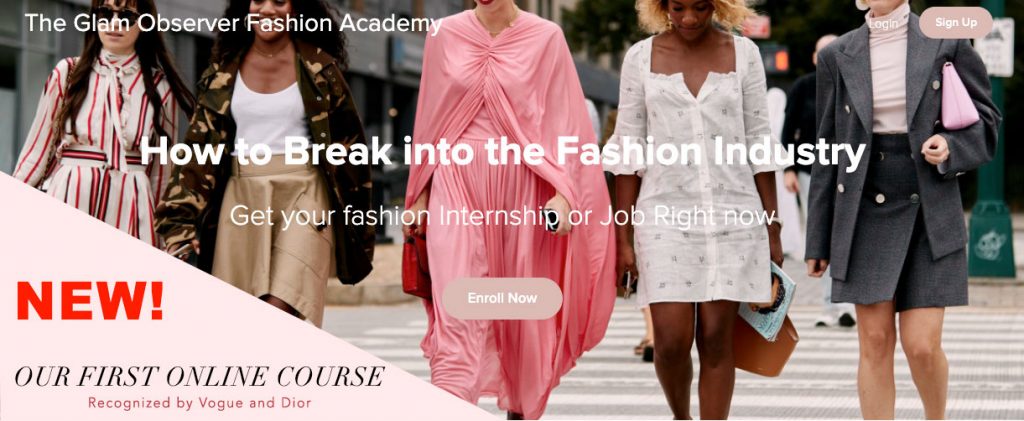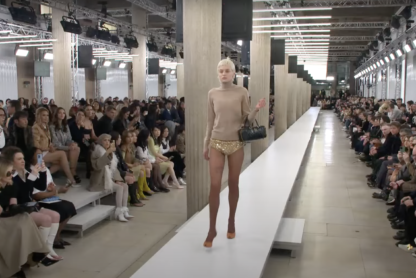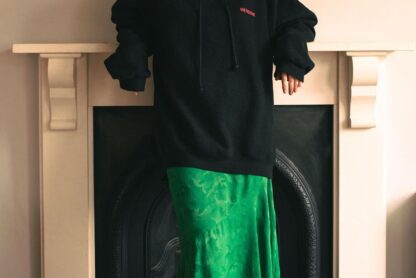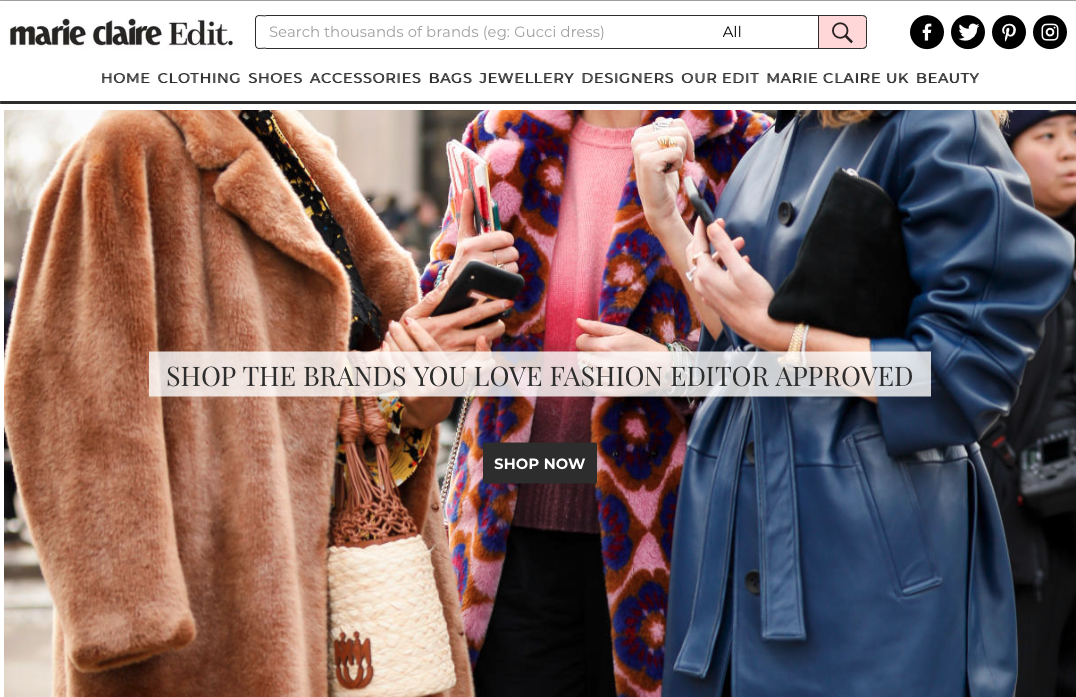Katie Devlin currently executes the position of the Social Media Assistant at Karla Otto, based in London. Before, she worked for several big fashion publications, from Vogue to Tatler to Harpers Bazaar. But her career commenced with a BA in English Literature.
She gives us a little glimpse on the very beginning of her passion for fashion, her first steps in the industry, how she applied at Central Saint Martins, what’s the difference between working in fashion in New York and London and how what she got out of each position.
- Hey Katie, thanks for being here with us today. May you shortly introduce yourself to our GO community?
Hi! My name is Katie Devlin and I’m currently a Social Media Assistant on Karla Otto’s digital team in London.
- What in your opinion is a key essential when commencing a career in the fashion business? Both educational wise and characteristically?
I think that interning and getting on-the-job experience is more important than studying anything in particular. I have worked with people who have studied all kinds of things at undergraduate level, from fashion and art history to business and medicine. Characteristically I think it’s really important to be grounded and not let yourself get carried away by what you think the fashion industry is. It can be a lot of fun but it’s also hard work and not always as glamorous as some people may think it is.
- Let’s go back to the very beginning of your career. You studied English Literature. What made you decide to study this degree and were you already thinking about commencing a career in the fashion world?
I decided to study English literature because at the time I really didn’t know what I wanted to do, but I knew that I both loved writing and was good at it, so decided to pursue a more general degree that would allow me to study the things I was interested in. I decided in my first year that I wanted to pursue a job in the fashion industry, so then started getting experience in other ways, such as interning or writing for the college paper. That said, I still use many of the skills I learned during that course in my job now, because it not only gives you strong writing skills but also an analytical and critical eye.
- You absolved your Masters in Fashion Communication at Central Saint Martins – Probably one of the most admired fashion colleges in the world -. How did you apply and what were the most memorable aspects you got out of your time at CSM?
I had wanted to attend CSM since I first decided I wanted to work in fashion, but waited until I had a few years’ experience to apply. CSM is right at the centre of the industry, so you get a lot of real world experience as well as learning really technical skills. I was surprised (in a good way!) once I got there that it’s not actually all that competitive, and I made some of my best friends on the course.
- During your studies you already interned at the Irish Tatler and after at British Vogue. How did you manage to juggle both, University and an internship?
I was lucky enough to be able to intern over the summer months both times, so had the time to commit to the internships. However, it can be really hard for people who are just starting out to intern for free, especially when some employers want you to have multiple internships and it can sometimes take a few tries before you find an area you really want to pursue. But that said, interning in amazing for not only gaining real experience and getting real responsibilities, but also for making connections in the industry that you should preserve long after your internship ends.
- Your internships and assistant positions were located all over the globe. From Ireland to London to New York City. In how far did the cities fashion industries vary?
New York is very intense and fast paced, and everyone works really long days and really hard. It was an amazing way to start in the industry having my first real job there because it really was a crash course. Once you’ve worked in a New York fashion closet I font think much else can intimidate you! I’ve found London to be much calmer. People obviously still work incredibly hard here, but I think there is definitely more of a work-life balance. One thing that the cities share though is that the people I’ve worked with really love their jobs and care a lot about the work they’re doing, which is really rewarding.
- Tell us a little about your first fashion internship. What was the most challenging aspect of it and what did it teach you?
I think with any first internship the biggest challenge is trying to figure out your place, both within the company and the industry, because you’re ultimately there to learn. Seeing the basic day-to-day of a magazine was eye-opening for me, and once I was over that, I was able to focus more on my tasks and responsibilities.
- One aspect that makes the beginning of a career in fashion
challenging is the fear of failing. What is your advice for the young fashion enthusiasts when interning at big fashion publications or even smaller agencies?
Don’t put pressure on yourself to work at big name publications or brands, because it really isn’t the be-all and end-all. As long as you are enjoying the work you are doing and are proud of it then you can’t really fail. Obviously, the industry is incredibly competitive, but I think sometimes people who put so much emphasis on job titles and company status are the ones who are in it for the wrong reasons. Take as much from your internship as you can and connect with as many of the people around you as possible.
- You currently work as Social Media Assistant at Karla Otto. What responsibilities and tasks are connected to this position?
We work on the social media accounts of a number of brands, so my time is split between working on various projects for them across their social media channels.
- Let us catch a glimpse on your daily job life. What does a typical day at work look like for you?
No day is ever really the same, and sometimes things come up that just turn your whole day upside down. But that is one of the most exciting parts of it, especially working in social media where everything is so fast, instant and reactionary, it definitely keeps you on your toes.
Get all the tools for starting a successful career in fashion with the course How to break into the fashion industry
Interview by Lilly Meuser




